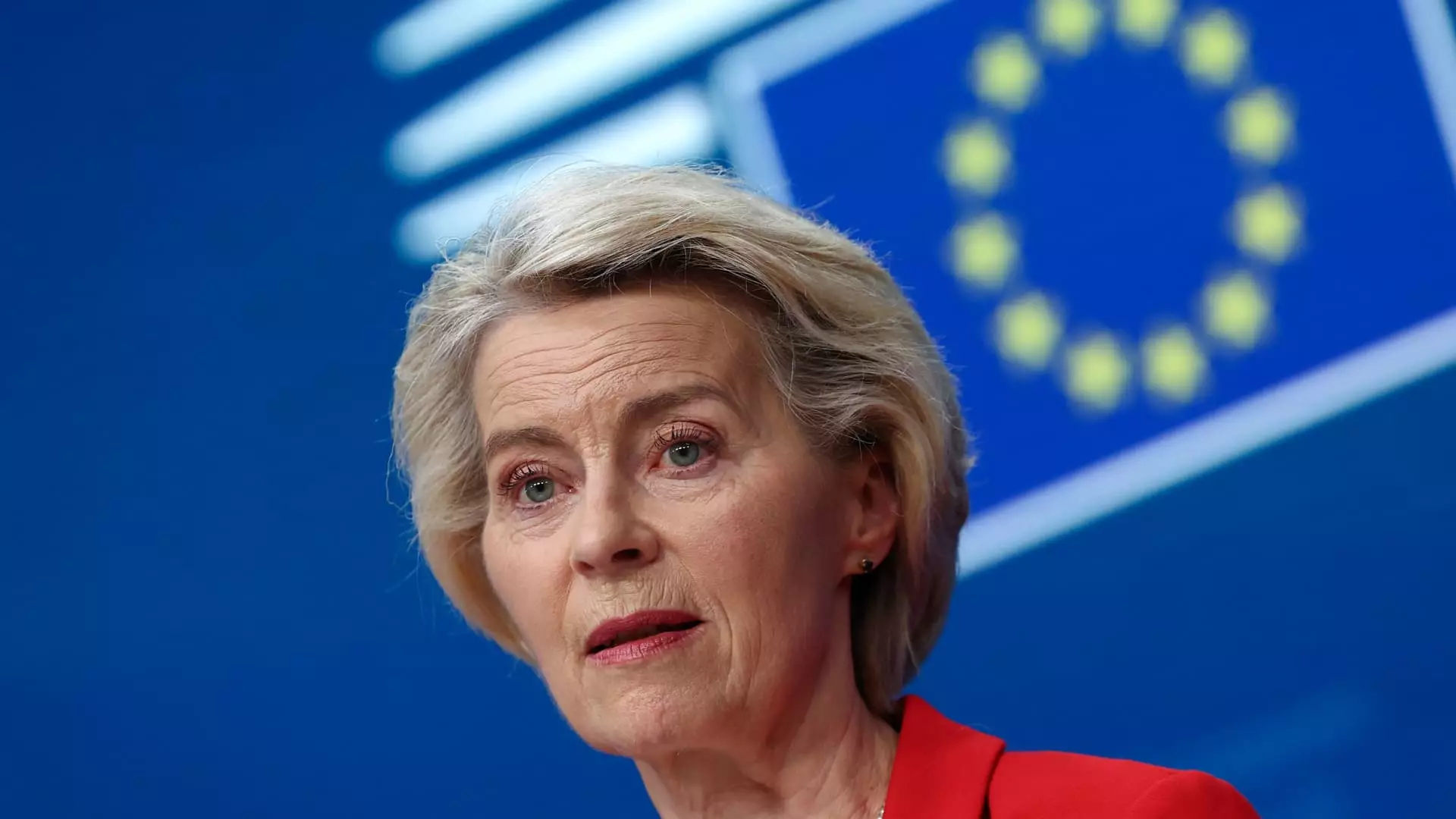The recent developments in EU-U.S. trade relations reveal a delicate geopolitical balancing act that exposes the fragility of transatlantic partnership in the context of rising protectionism. European leaders are walking a tightrope, attempting to avoid full-blown economic retaliation while confronting the aggressive tariff threats from the Trump administration. This scenario underscores a broader concern: global trade is increasingly governed by partisan negotiations and nationalistic priorities, often at the expense of steady economic growth and international cooperation. The European Union’s decision to delay retaliatory tariffs, in hopes of reaching a deal, reflects both pragmatic diplomacy and a recognition that the risks of open conflict outweigh immediate gains. However, this wait-and-see approach also exposes Europe’s vulnerability to American economic muscle—highlighting how unequal power dynamics can threaten the stability of multilateral trade systems.
Trade Wars as Political Tools, Not Strategic Alliances
The Trump administration’s approach to tariffs—viewed by many analysts as blunt instrument of economic nationalism—has cast a pall over longstanding alliances. To Trump, trade deficits are not merely numbers—they are symbols of perceived economic injustice and threats to national security. Yet, this perspective neglects the complex interdependence that characterizes modern global supply chains. While the White House claims that tariffs will bolster American economic prospects, the reality paints a more complicated picture. Industries across the Atlantic—ranging from pharmaceutical giants to car manufacturers—are tangled in a web of uncertainty, potentially facing increased costs that could stifle innovation and competitiveness. Trump’s hawkish stance, justified by claims of unfair trade practices, risks fostering protectionist policies that compromise the core values of open markets and mutually beneficial cooperation. In the long run, such confrontational tactics may do more harm than good, fueling economic nationalism at the expense of shared prosperity.
The Politics of Negotiation and the Future of Transatlantic Relations
European leaders find themselves caught between a rock and a hard place—balancing diplomacy with the necessity of defending their economic interests. Ursula von der Leyen’s call for negotiations signifies a recognition that dialogue, rather than escalation, is the only viable path forward. Yet, there’s an undercurrent of skepticism about America’s genuine willingness to seek equitable agreements, especially considering past overtures that quickly deteriorated into threats of trade escalation. Italian Foreign Minister Antonio Tajani’s diplomatic efforts underscore the importance of maintaining strategic alliances amid tumultuous US policies. On the other side, Trump’s assertions about a “ripped-off” economy reflect a populist narrative that seeks to rally domestic support by framing trade as a zero-sum game.
In this context, Europe’s attempts at negotiation are more than economic calculations—they are a test of resilience for the entire transatlantic alliance. Leaders like Giorgia Meloni, positioning Italy as a “bridge” between Brussels and Washington, demonstrate the nuanced effort to preserve diplomatic channels. Yet, one cannot ignore the unsettling truth: these negotiations are inherently fragile, and the broader implications extend beyond trade, touching upon security, political stability, and global influence.
Unpredictability and the Risks of Strategic Miscalculations
Perhaps the most troubling aspect of this escalating tension lies in the unpredictable nature of the current geopolitical climate. The tariffs, which could be activated as early as August, threaten to spiral into a full-blown trade war with consequences that no one seems fully prepared for. The international marketplace, already volatile in the wake of pandemic recovery struggles and geopolitical upheavals, risks additional shocks that could destabilize global growth. For multinational companies and consumers, these uncertainties translate into increased costs, disrupted supply chains, and diminished confidence.
The EU, wielding an impressive trading portfolio worth approximately $2 trillion annually, must navigate this turbulent environment with prudence. The challenge is that trade negotiations today have become a battleground for broader ideological battles—protectionism versus openness, nationalism versus multilateralism. If history is any guide, such confrontations tend to escalate quickly, leaving the global economy exposed to unnecessary risks. Europe’s measured response reflects an understanding of these risks, but it also underscores a fundamental vulnerability: in the face of American unilateralism, the European Union’s influence is limited, and its ability to shape outcomes relies heavily on diplomatic finesse and strategic patience.
—
This analysis highlights not just the immediate stakes but also the deeper, systemic issues at play: a declining global consensus around free trade, the rise of transactional diplomacy, and the inherent dangers of economic nationalism. The pathway forward remains murky, and both Europe and the United States will have to decide whether their ideological differences can be bridged or if their mutual suspicion will push the world further into economic chaos.



Leave a Reply